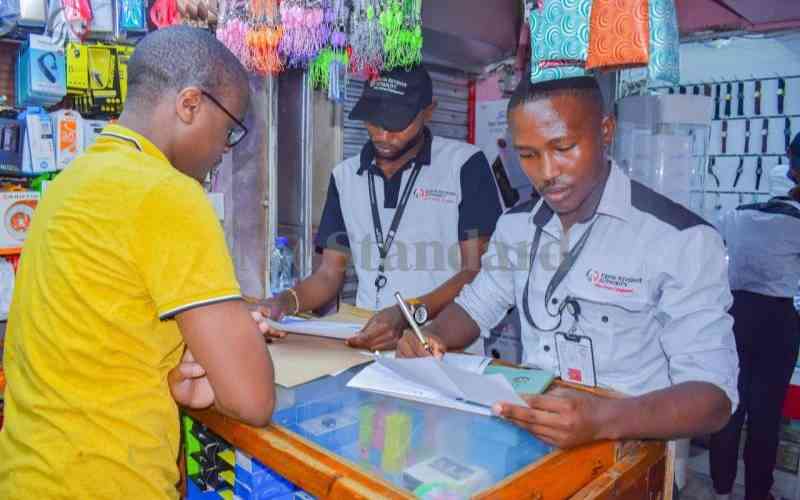
In his first (and only) address to Parliament thus far - in late September last year - President William Ruto took time to speak to his views on Kenya's taxation regime. Offering that "the current tax regime is over-taxing trade and under-taxing wealth", he offered that "the economic principles of equitable taxation require that the tax burden reflects the ability to pay. This is best achieved by a hierarchy that taxes wealth, consumption, income and trade in that order of preference".
There is a useful "hustler" view to this assertion, as the advisors might tell us more simply. The "bottom-up" economic model starts by doing stuff (trade), earning something (income), spending it (consumption) and saving or accumulating the rest for a rainy day (wealth). The reverse taxation logic, therefore, suggests more wealth taxes reduce consumption taxes; more consumption taxes reduce income taxes, and we cut trade taxes from the bottom up.